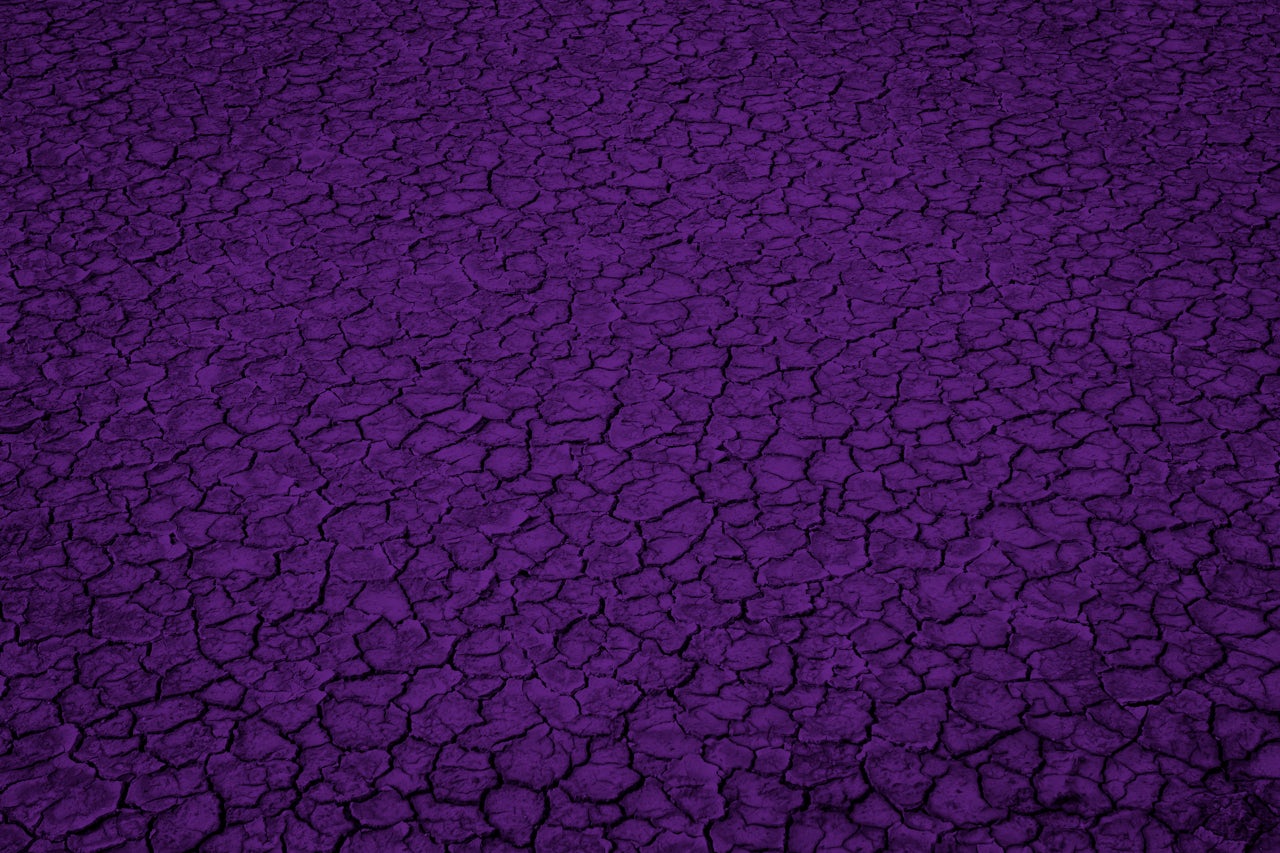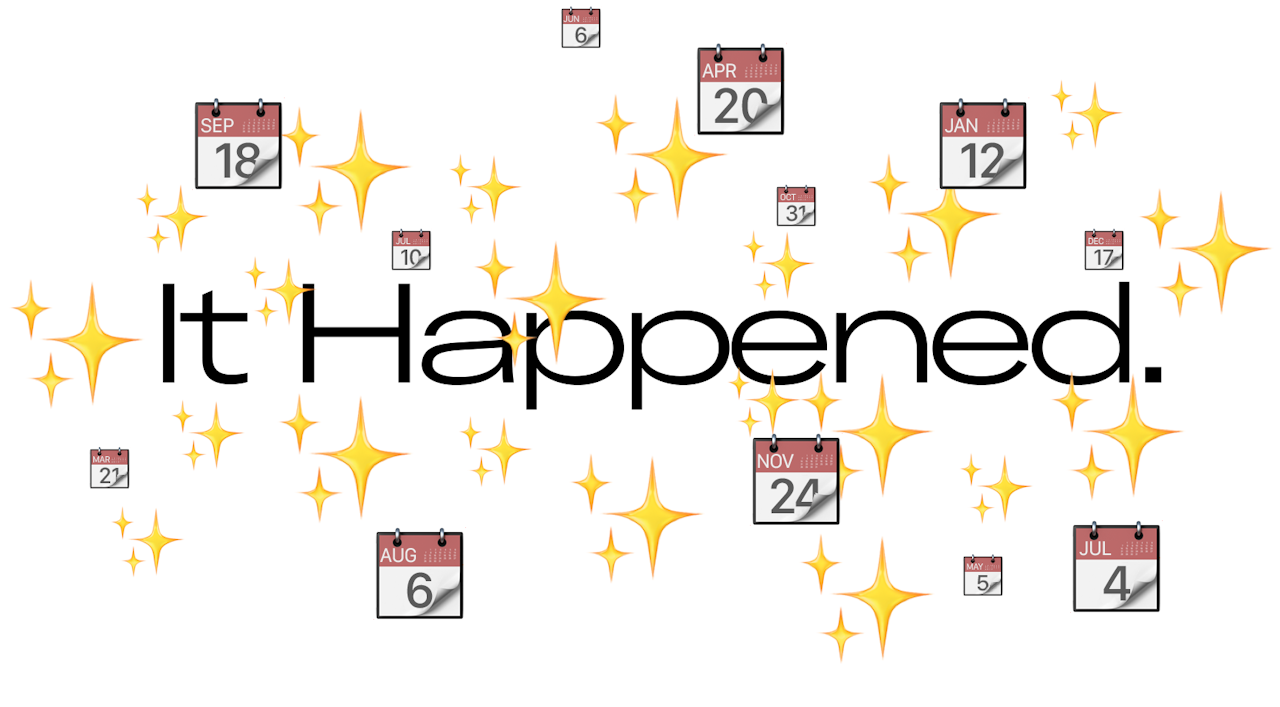On January 18, 2018, Patricia de Lille, the mayor of Cape Town, South Africa, released a statement about the city’s water crisis that opened with the words, “We have reached a point of no return.” City dams were at 35 percent capacity. Restrictions already in place — no sprinklers, no play pools — weren’t working. De Lille had even made a show of personally visiting the city’s biggest offenders in an effort to weaponize public shame. That most of them were white and rich only amplified the echoes of Apartheid: According to one report, Cape Town’s townships — poor neighborhoods on the outskirts of the city, many of which were originally established by the state as black ghettos — accounted for about half of the city’s population but used only 5 percent of its water.
I’d come to town a couple of days earlier to visit a friend. Signs of the crisis were everywhere: restaurants, grocery stores, public bathrooms. Even the airport was covered. The designs were simple, the messages friendly but firm: Don’t Waste a Drop; Please Save Water; Our Taps Will Run Dry if We Don’t Act Now. It was like being invited to dinner and then cheerfully reminded not to leave before cleaning up.
I did what I could, taking short, mostly dry showers, considering in some self-consciously meditative way how grateful I was for my morning coffee as the water boiled. By then the city was urging people to use 50 or fewer liters of water a day. Americans use somewhere between 300 and 380.
After a couple of days in Cape Town, we flew east to Port Elizabeth, driving up through the Wild Coast before making our way to Durban and Johannesburg. I ate a lot of ostrich jerky and dried mango from Woolworths. One night I dreamed an ex-girlfriend, a data reporter who works primarily in the field of criminal justice, had suddenly become well-known for doing exactly what she loved, and I congratulated her with a mix of pride, nostalgia and jealousy. Another night I dreamed I stabbed several people to death with a ballpoint pen and was being graciously ushered between a series of safehouses by my wife. I missed the comforts of home but felt faintly repulsed by them, too, as though slowly waking up to the fact that the customs and habits that delineate my life are not nature but inherited, foreign, maybe even parasitic. I spent a lot of time listening to Notorious B.I.G.’s Ready to Die because it — and rap in general — always reminds me of the recalcitrant hard-heartedness of America itself.
Just like that I was back on the plane, watching the sun set across my hands. The sight of the desert (I live in Tucson, Arizona) stunned me. It seemed too naked, too unreal. In June, I drove up to Phoenix to write a short piece — “a postcard,” the publication called it — about the hottest week of the year. Central Arizona has its own water problems: According to the Department of Agriculture, drought levels in the region range from “extreme” to “exceptional.” Not that you’d know it from the lawns there, which fanned out in every direction, many swirling with topiary. In some neighborhoods, you can still see flood irrigation, the process by which pool-sized quantities of water are dumped into the grass and left to sit. Few sights capture the alarming dream of the Phoenix suburbs than a freshly built tract home with a swamp in front of it, basking in 112-degree heat.
I thought of Cape Town: the signs in the street, the hand sanitizer in the bathrooms, the frankness with which the city made its appeal. In America, the idea that personal sacrifice is the fuel of collective liberation is considered naive; the idea of a government acknowledging such a dynamic is absurd, even taboo. Here, we can’t even agree that we’re in crisis, let alone what caused it, what should be done about it, and by who. What poverty of consciousness, I wondered, leads a person to flood their lawn with water during extreme drought? And what poverty of imagination leads them to confuse the right to do so with freedom?
What emerges is a variation on the pessimist’s credo that if you aren’t depressed then you aren’t paying attention: If you aren’t afraid, you aren’t alive.
Shortly after the election a couple of years ago, I started seeing a bumper sticker around town advertising an imagined political campaign: Giant Meteor 2020: Just End It Already. At first I thought this was sort of funny (yes; kill us; we deserve it); then I thought it was stupid and sad, as though the only thing for us left to do was stand around and wait for the boomerang to come back and knock us out for good.
I’m not the first person to note that satire and science fiction seem increasingly out of ideas, that America has approached its collective fears so rapidly that perspective on them feels impossible. That at first the approach seemed asymptotic but now we’re going right through the guard rails. Point of no return: The term was originally used in aviation to define when a plane could no longer safely return to the airfield from which it took off. Now it sounds like bad dialogue from an apocalyptic action movie. Now that movie is real. In living out our wildest predictions we’re running out of things to predict.
But we also harbor an attachment to panic that borders on sentimental. Listen to the tenor of discourse here — politically, climatologically. It’s no wonder we see destruction — Giant Meteor 2020 — as a greater source of potential catharsis than renewal. Once a sign of aversion, fear — of environmental catastrophe, of ICE squads, of all-gender bathrooms and white obsolescence — has become a sign of engagement. What emerges is a variation on the pessimist’s credo that if you aren’t depressed then you aren’t paying attention: If you aren’t afraid, you aren’t alive.
Not that I’m immune. If I have a confession to add, it’s that the water crisis in South Africa made me feel faintly excited. Intellectually, I know we are all going to die, but here was a chance to catch a glimpse of the end in real time. I wanted to see it happen, to feel the wind of the first domino as it fell.
As the year went on, estimates for Day Zero — the term Cape Town used to mark the day they would run out of water — receded deeper and deeper into the calendar. Eventually it was taken off completely. A feeling of possibility sets in, of ordinariness. Yes, the world will end, but between now and then lies the still unwritten story of us. I think of the parting words of Shunryu Suzuki in Zen Mind, Beginner’s Mind: “In the East, I saw rhubarb already. In Japan in the spring we eat cucumbers.” Just this morning my older son, who is three and a half, paused during breakfast to tell me that a bridge is similar to a ramp — not the same, he stressed, just similar. Sometimes his younger brother shouts my name — Dada! — without rejoinder, as though just to remind me I exist. To consider being without either of them is to reach an impassable black spot in my imagination across which nothing can reach and through which nothing can pass. Writing about the water crisis for an op-ed this past March, Helen Zille, the premier of South Africa’s Western Cape, noted that “A short shower achieves its hygiene objectives just as effectively as a deep bath.” True enough, Helen. But there’s more to life than hygiene.


